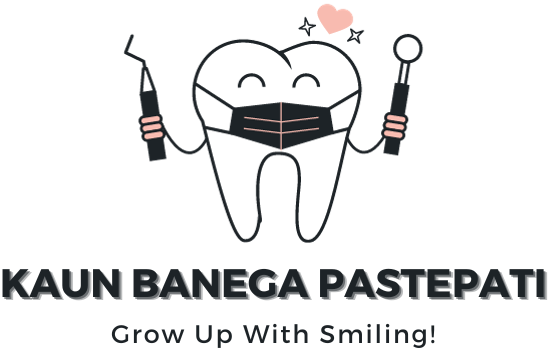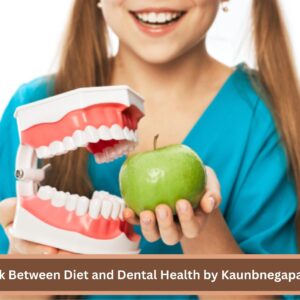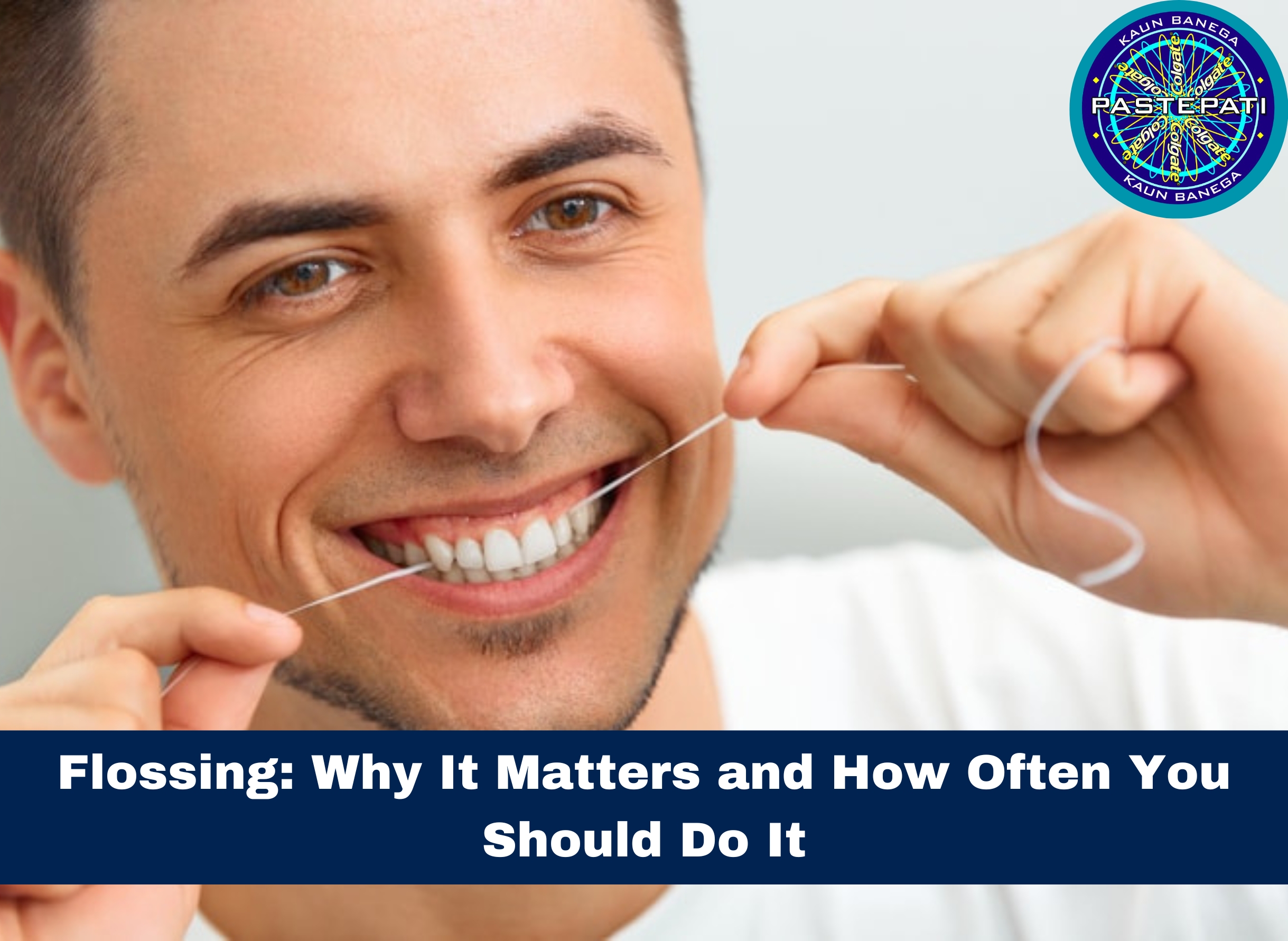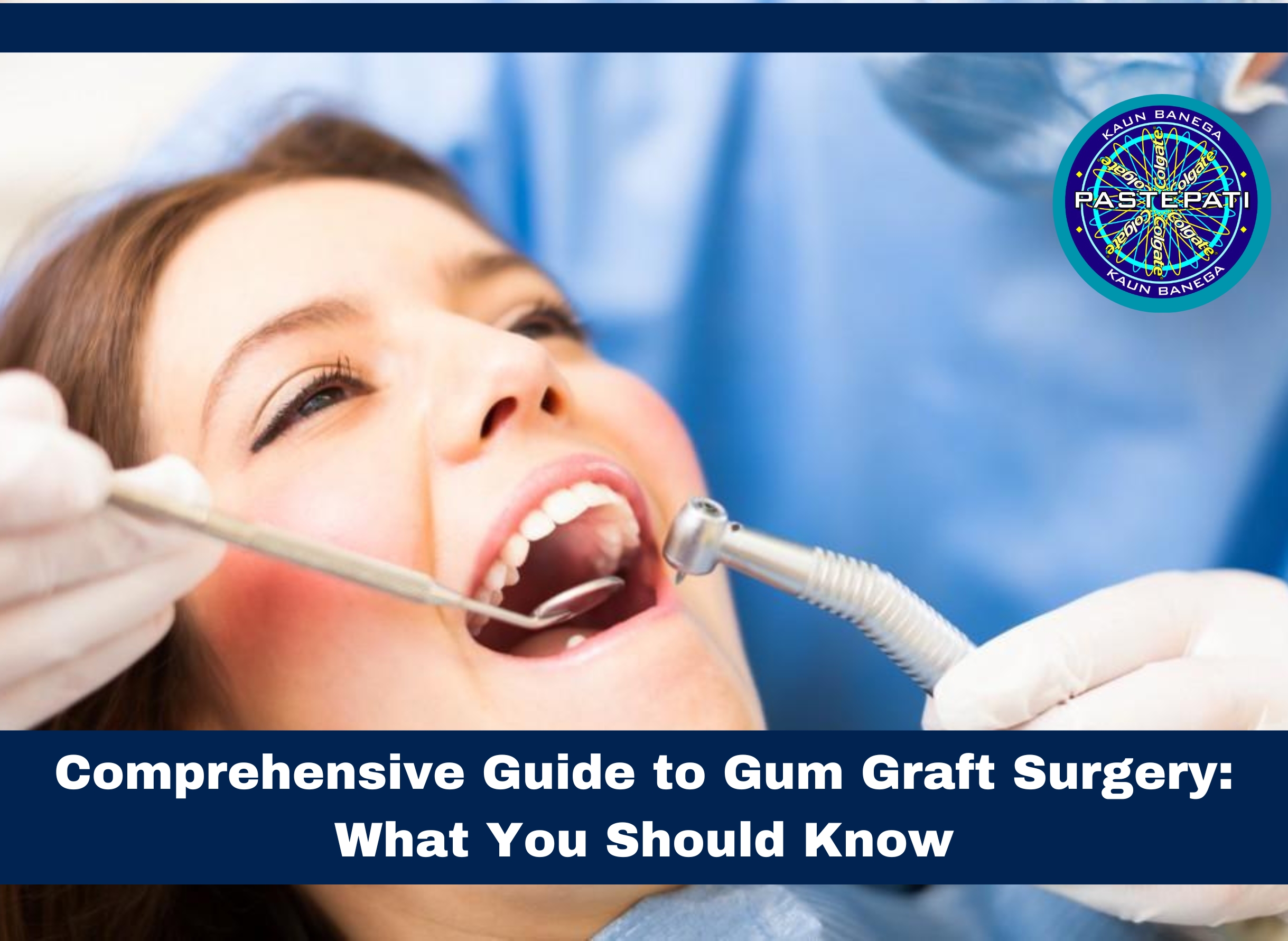
Your diet plays a pivotal role not only in your overall health but also in the health of your teeth and gums. The food and beverages you consume have a direct impact on your dental health, influencing everything from cavity formation to gum disease. In this informative article, brought to you by Kaunbnegapastepati, your trusted dental clinic in Ludhiana, we’ll explore the intricate connection between your diet and oral health. To make this information even more engaging and applicable to you, we’ve included a quiz that will help you evaluate your dietary habits and their impact on your teeth and gums.
The Basics: What You Eat Matters
The old saying, “You are what you eat,” holds when it comes to your dental health. Your diet affects your teeth and gums in several ways:
1. Cavity Formation: Consuming sugary or starchy foods can feed harmful bacteria in your mouth, leading to the production of acids that erode tooth enamel and cause cavities.
2. Gum Health: A diet lacking in essential nutrients can weaken your gums, making them more susceptible to gum disease.
3. Acid Erosion: Acidic foods and drinks, such as citrus fruits and soda, can erode enamel, leaving your teeth vulnerable to sensitivity and decay.
4. Staining: Dark-colored foods and beverages, like coffee and red wine, can stain your teeth over time.
The Dental Health Quiz: Assessing Your Dietary Habits
Before we dive deeper into the relationship between diet and dental health, let’s evaluate your current dietary habits. Take this quiz to gain insights into your eating patterns and their potential impact on your teeth and gums.
Question 1: How often do you consume sugary snacks or drinks between meals?
– [ ] Several times a day
– [ ] Once a day
– [ ] Rarely or never
Question 2: How often do you consume acidic foods or beverages (e.g., citrus fruits, soda)?
– [ ] Several times a day
– [ ] Once a day
– [ ] Rarely or never
Question 3: Do you have a habit of sipping on sugary or acidic drinks throughout the day?
– [ ] Yes
– [ ] No
Question 4: How often do you brush your teeth each day?
– [ ] Less than twice a day
– [ ] Twice a day
– [ ] After every meal
Question 5: Do you include tooth-friendly foods in your diet, such as fresh fruits, vegetables, and dairy products?
– [ ] Yes
– [ ] No
Question 6: Are you aware of any dietary habits that might be contributing to dental problems like cavities or gum disease?
Evaluation Guide:
- If you answered “Several times a day” to questions 1 or 2, or if you have a habit of sipping on sugary or acidic drinks throughout the day (question 3), you may be at a higher risk of dental issues related to diet.
- If you brush your teeth “Less than twice a day” (question 4), it’s important to consider improving your oral hygiene routine.
- Including tooth-friendly foods in your diet (question 5) is a positive step for dental health.
- Being aware of any dietary habits that might be contributing to dental problems (question 6) is a crucial first step toward making positive changes.
Understanding Diet’s Influence on Dental Health
Now, let’s delve deeper into the link between diet and oral health and how it influences various aspects of your dental well-being:
1. Sugar and Cavities: Consuming sugary foods and drinks provides a breeding ground for harmful bacteria in your mouth. These bacteria produce acids that weaken tooth enamel, leading to cavity formation. Reducing sugar intake and maintaining good oral hygiene can help prevent cavities.
2. Acidic Foods and Erosion: Acidic foods and beverages can erode tooth enamel, making your teeth more vulnerable to sensitivity and decay. Minimize acidic food and drink consumption, and consider using a straw to reduce direct contact with teeth.
3. Balanced Nutrition: A well-balanced diet rich in vitamins and minerals, particularly calcium and vitamin D, is essential for healthy teeth and gums. Incorporate tooth-friendly foods like dairy products, leafy greens, and lean proteins into your diet.
4. Hydration: Drinking plenty of water helps rinse away food particles and bacteria from your mouth, reducing the risk of cavities and gum disease.
5. Snacking Habits: Frequent snacking, especially on sugary or acidic items, can harm your dental health. Limit snacking between meals and choose healthier options like fresh fruits or nuts.
Making Positive Dietary Changes
Improving your diet for better dental health doesn’t have to be daunting. Consider the following practical suggestions:
1. Reduce Sugar Intake: Gradually decrease your consumption of sugary snacks and drinks. Opt for sugar-free alternatives when possible.
2. Limit Acidic Foods: Cut back on highly acidic foods and beverages. If you do consume them, rinse your mouth with water afterward.
3. Fiber-Rich Foods: Foods high in fiber, like apples and carrots, can help clean teeth naturally by stimulating saliva production.
4. Calcium Sources: Include dairy products, fortified alternatives, and leafy greens in your diet to ensure you’re getting enough calcium.
5. Hydration: Drink water throughout the day, especially after eating or drinking something acidic.
Conclusion
Your diet has a profound impact on your dental health, influencing everything from cavities to gum disease. By understanding the link between diet and oral health and making conscious dietary choices, you can safeguard your teeth and gums for years to come. If you have concerns about your dietary habits or their impact on your dental health, don’t hesitate to reach out to Kaunbnegapastepati, your trusted dental clinic in Ludhiana, for expert guidance and personalized care. Remember, a healthy smile begins with a balanced diet and proper oral hygiene.




